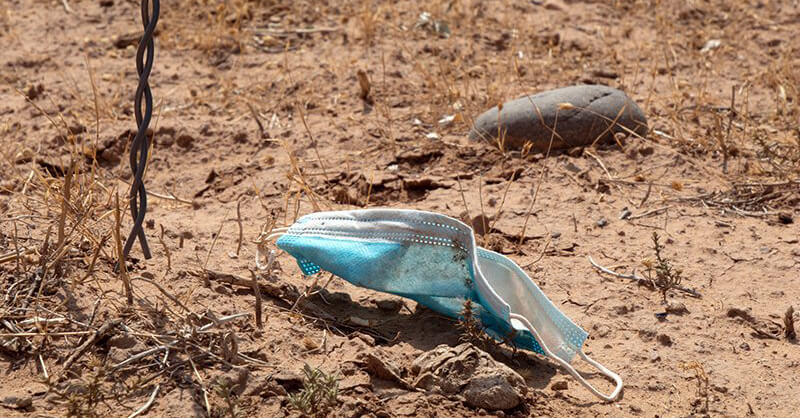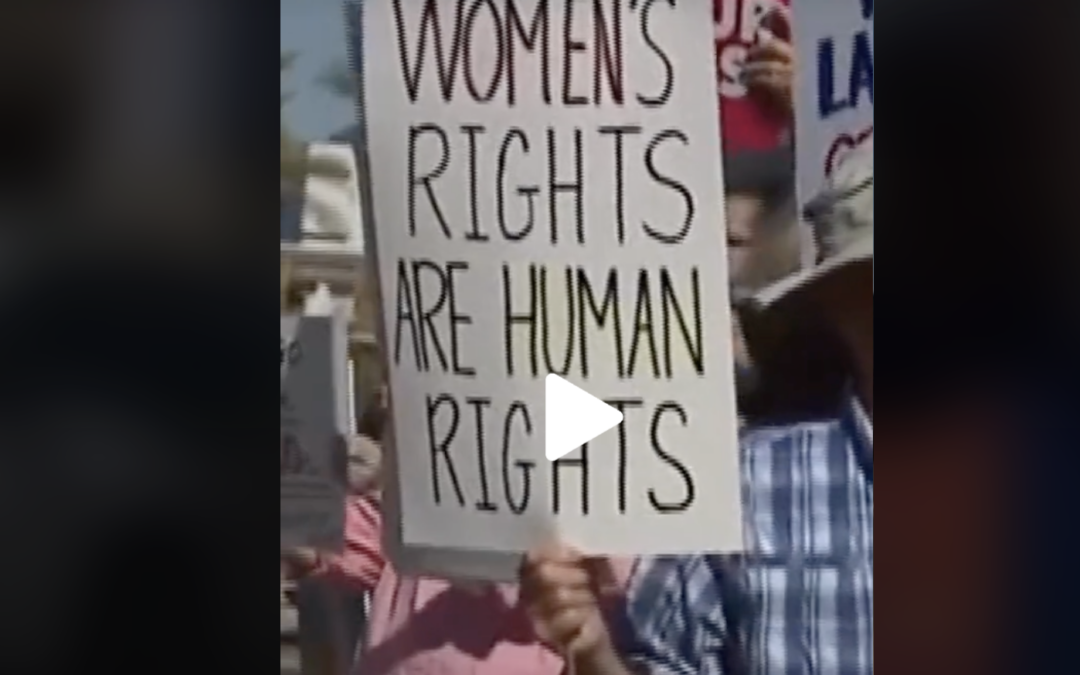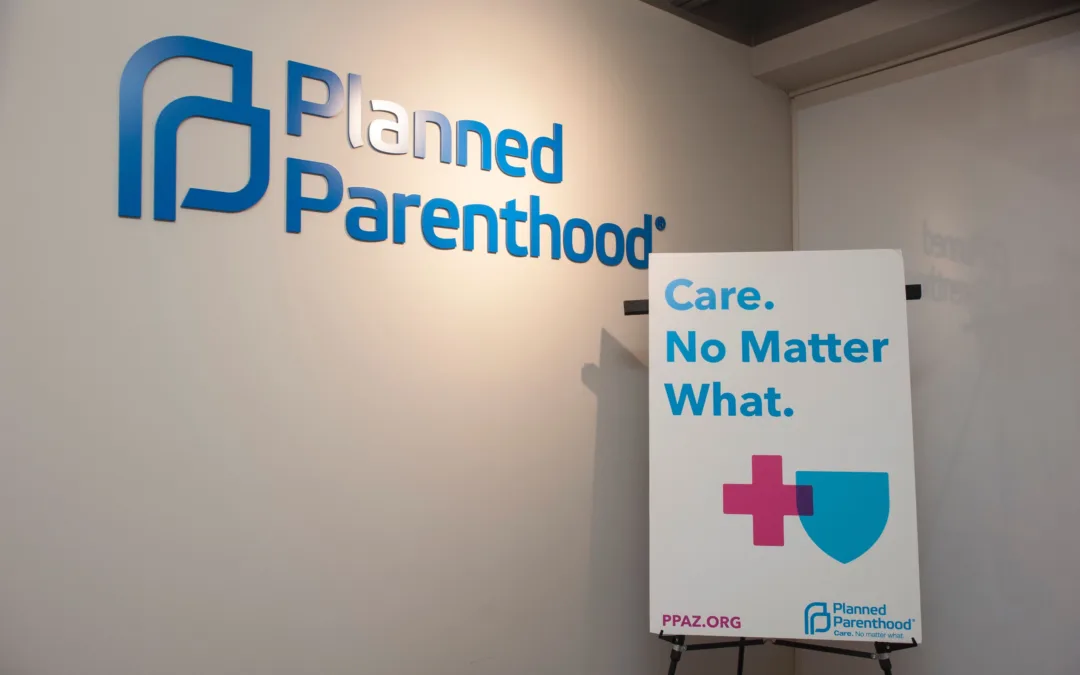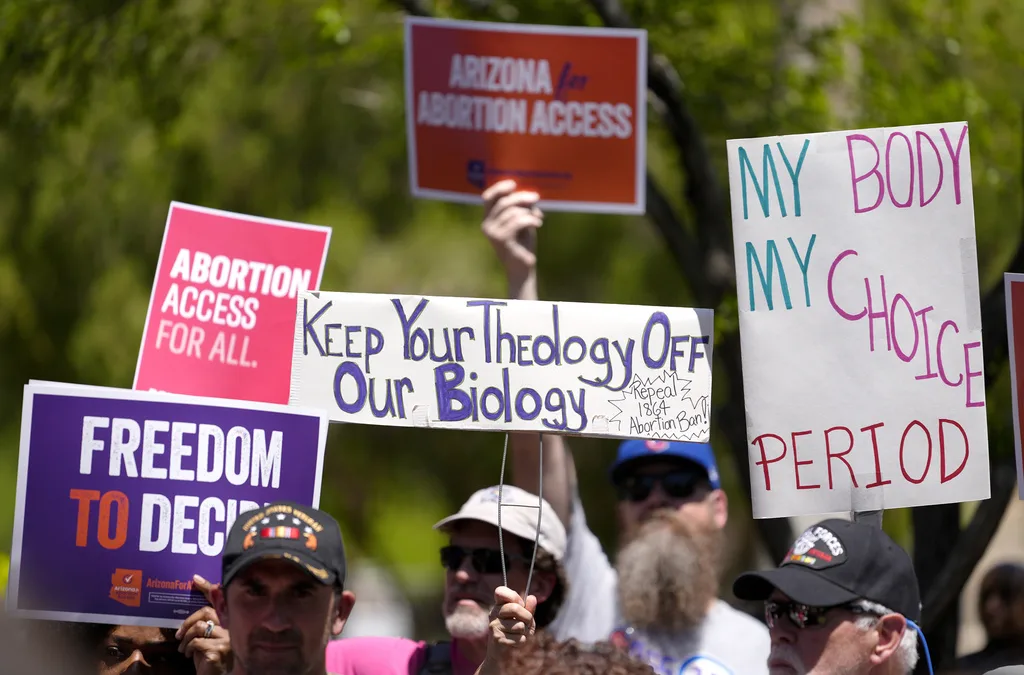
Daja E. Henry/Cronkite News
Experts say Maricopa County could be headed for a “hospital crisis” at this rate.
The number of COVID-19 infections in Arizona’s most populous county probably is far higher than what official counts show, according to a survey that found 1 in 10 residents have likely had the novel coronavirus that causes the disease.
As health experts worry about a new spike in infections, a study by the Maricopa County Department of Public Health, in partnership with Mayo Clinic and Arizona State University, estimates that 10.7% of the county’s 4.49 million residents have antibodies for the virus.
That means about 470,000 people have potentially been infected in Maricopa County alone, officials said. That’s far more than the 197,000 cases officially reported, and it would surpass the statewide total of 310,000 positive cases.
Marcy Flanagan, executive director of the Maricopa County Department of Public Health, said the results show the need for precaution over the Thanksgiving holiday weekend and beyond, when social events could push numbers even higher.
“Unfortunately, we really would recommend that individuals limit their social gatherings and their family gatherings for the holidays,” she said. “I would really encourage families to think about eating outside with their household family members and being creative to do Zoom check-ins for mealtime and other things with family that can’t come to town.”
The findings stem from an 11-day study conducted in September that tested 260 participants in 169 households across strategically selected areas of Maricopa County to look for the presence of coronavirus antibodies.
The survey noted that once someone in a home contracted COVID-19, it was extremely likely the virus then spread to the rest of the family, creating a cluster of infections.
A national study published Tuesday in the journal JAMA Internal Medicine concluded that most people in the U.S. do not have COVID-19 antibodies. The study, which included 177,919 serum samples from all 50 states, Washington, D.C., and Puerto Rico, found that in most of those places, less than 10% of people had detectable antibodies. From state to state, the range of those antibodies went from less than 1% of the population to 23%.
Timing may be part of the reason Maricopa County’s numbers are higher than other places in the U.S., Flanagan said. The research was conducted after Arizona hit its summer peak in COVID-19 cases.
Although the study indicates there likely are more cases than estimated in the county, Flanagan said it also “tells us we have a long way to go before we actually reach that herd immunity.”
Herd immunity, or “community immunity,” is when a significant portion of a community becomes immune to a disease either by vaccine or infection and recovery, reducing person-to-person spread.
Experts note that the only real way to achieve herd immunity from COVID-19 is with a vaccine, given that about 70% of the U.S. population – more than 230 million people – would have to recover from the disease to help stop its spread. To date, there have been 12.5 million cases in the U.S., and more than 260,000 deaths, according to data tracking from Johns Hopkins University.
With the measles, a highly contagious illness, an estimated 94% of the population must be immune to interrupt transmission.
Will Humble, executive director of the Arizona Public Health Association, said the survey results aren’t surprising, especially when considering asymptomatic carriers and relatives in close quarters who may never have been tested for COVID-19 but, in fact, had the virus.
Humble estimated that herd immunity against the disease would require at least 75% of the population to have an immune response, which means some 65% of Arizonans will have to rely on an upcoming vaccine in order to get antibodies.
Humble, a former director of the Arizona Department of Health Services, said he was extremely concerned about the upcoming holidays, given the recent explosion of cases in the state and across the U.S.
“It’s going to lead, in my opinion, to a hospital crisis in December,” he said.
Politics

Trump says he’s pro-worker. His record says otherwise.
During his time on the campaign trail, Donald Trump has sought to refashion his record and image as being a pro-worker candidate—one that wants to...

VIDEO: Hundreds show up in Scottsdale to support reproductive rights
@coppercourier Days after the Arizona Supreme Court ruled to enforce a long-dormant law that bans nearly all abortions, hundreds took part in a...
Local News

Planned Parenthood in Flagstaff resumes offering abortion care
Planned Parenthood Arizona is resuming abortion services in Flagstaff for the first time since 2022, despite the state’s newly reinstated 1864...

OPINION: Domestic Terrorism Prevents Women from Getting Lifesaving Abortions
Domestic Terrorism Prevents Women from Getting Lifesaving Abortions Twenty-five years ago, in the kitchen of his suburban Buffalo, New York, home,...




